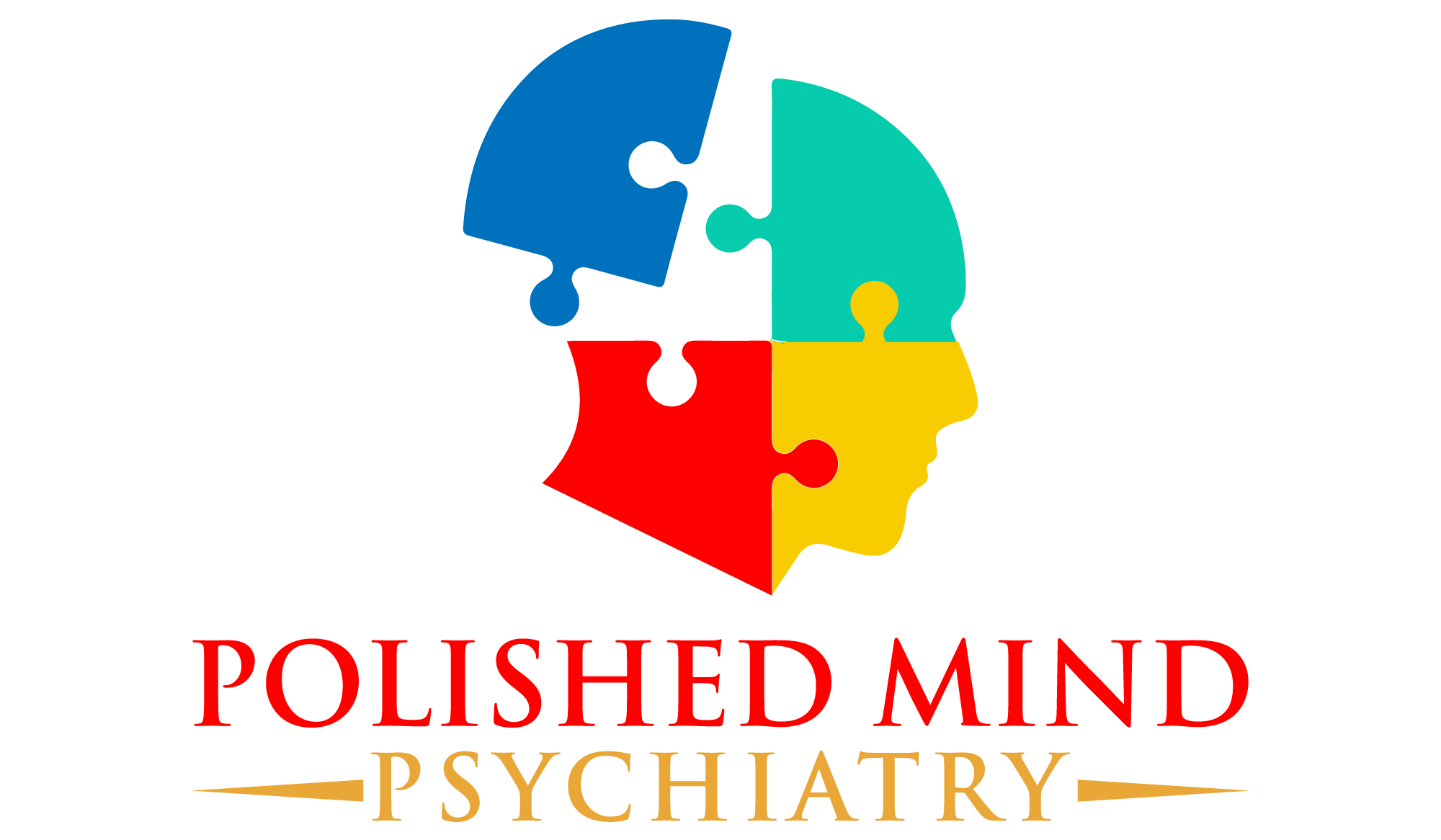When something unexpected happens, our bodies have a way of reacting right away. This immediate response is often called acute stress. It’s like a quick alarm system that kicks in to help us deal with a sudden challenge or threat. Understanding what is acute stress and how our bodies react can help us manage these moments better.
Key Takeaways
- Acute stress is the body’s short-term reaction to a sudden event or challenge.
- This response often involves the “fight-or-flight” mechanism, preparing the body for action.
- Recognizing the signs of acute stress is the first step in managing it effectively.
Understanding What Is Acute Stress

Acute stress is the body’s immediate reaction to a perceived threat or challenging situation. It’s a short-term response, often triggered by specific events, that prepares you to deal with danger. Think of it as your body’s built-in alarm system. This response is designed to be temporary, helping you get through a difficult moment and then return to a normal state. For those in Texas, Washington, California, Iowa, and New York, understanding this initial reaction is the first step in managing stress effectively. If you’re finding yourself frequently overwhelmed by these immediate stress responses, consider reaching out for professional support. You can book an appointment at Polished Mind Psychiatry to discuss your concerns.
The Body’s Immediate Reaction to Stress
When faced with a stressor, your body kicks into high gear. This isn’t something you consciously decide to do; it happens automatically. Several physical changes occur almost instantly:
- Increased Heart Rate: Your heart starts beating faster to pump more blood and oxygen to your muscles and brain.
- Faster Breathing: You begin to breathe more rapidly, taking in more oxygen.
- Muscle Tension: Your muscles tense up, getting ready for action.
- Adrenaline Release: Hormones like adrenaline are released, giving you a surge of energy.
- Heightened Senses: Your senses become sharper, making you more aware of your surroundings.
These changes are all part of the body’s natural way of preparing to either confront a threat (fight) or escape from it (flight). It’s a survival mechanism that has been with us for a very long time. While helpful in genuine emergencies, this response can also be triggered by everyday stressors, sometimes leading to unwanted physical and emotional symptoms. Recognizing these signs is important for managing your overall well-being.
Recognizing Acute Stress Symptoms
Acute stress can show up in many ways, and not everyone experiences it the same. Some common signs include:
- Emotional: Feeling anxious, irritable, restless, or having a sense of dread. You might also feel overwhelmed or have trouble concentrating.
- Physical: Experiencing headaches, muscle tension, fatigue, stomach problems, or changes in heart rate and breathing. Some people might also notice sweating or trembling.
- Behavioral: You might find yourself snapping at people, having trouble sleeping, or avoiding certain situations that remind you of the stressor.
It’s important to note that while these symptoms are part of the acute stress response, if they persist or become severe, they could indicate a more significant issue like Acute Stress Disorder. Understanding these initial reactions helps in identifying when stress might be becoming a problem that needs attention. If you’re struggling to manage these symptoms, seeking professional guidance is a good idea. Polished Mind Psychiatry offers support for various stress-related conditions.
Navigating Acute Stress Responses

When faced with a sudden threat, your body kicks into high gear. This immediate reaction is often called the fight-or-flight response. It’s a natural survival mechanism designed to help you deal with danger. For people in Texas, Washington, California, Iowa, and New York, understanding this response is key to managing stress effectively. Polished Mind Psychiatry is here to help you learn more about these reactions.
The Fight-or-Flight Mechanism
This response is triggered by the sympathetic nervous system. It’s like a biological alarm system. Here’s what typically happens:
- Increased Heart Rate: Your heart starts beating faster to pump more blood to your muscles and brain.
- Faster Breathing: You begin to breathe more rapidly, taking in more oxygen.
- Muscle Tension: Your muscles tense up, preparing you for action.
- Heightened Senses: Your senses become sharper, making you more aware of your surroundings.
- Adrenaline Release: Hormones like adrenaline are released, giving you a surge of energy.
This whole process is designed to help you either confront the threat (fight) or escape from it (flight). It’s a temporary state, and once the perceived danger passes, your body usually returns to its normal state. However, if these responses happen too often or become overwhelming, they can lead to problems. Learning about effective strategies for managing acute stress can make a big difference.
When to Seek Professional Help
While acute stress is a normal reaction, sometimes it can become too much to handle on your own. If you find yourself frequently experiencing intense stress responses, or if these reactions are interfering with your daily life, it might be time to reach out for support. Persistent symptoms like difficulty concentrating, sleep disturbances, or feeling constantly on edge could indicate a need for professional guidance. Recognizing when you need help is a sign of strength. If you’re in Texas, Washington, California, Iowa, or New York, consider reaching out to mental health professionals. You can book an appointment to discuss your concerns and develop a plan to manage stress effectively. Sometimes, a little help can go a long way in improving your overall well-being and coping self-efficacy.
When life throws tough situations at you, your body might react with a stress response. It’s like your body’s alarm system going off. Understanding these reactions is key to managing them. If you’re looking for ways to handle stress better, check out our website for helpful tips and resources.
Understanding Your Body’s Quick Reaction
So, we’ve talked about how your body flips into high gear when something stressful happens. It’s like a built-in alarm system, getting you ready to face a challenge or get away from danger. This immediate stress response, often called the ‘fight or flight’ mode, is pretty amazing. It uses a lot of energy and changes how your body works for a short time. While it’s super helpful in real emergencies, it’s also what happens when you’re just worried about a deadline or a tough conversation. Knowing how this system works can help you recognize when stress is affecting you and maybe even find ways to manage it better. If you find yourself dealing with a lot of stress, talking to a professional can make a big difference. Polished Mind Psychiatry offers personalized care to help you navigate these feelings. You can learn more and book an appointment at polishedmindpsychiatry.com/book-an-appointment.
Frequently Asked Questions
What exactly is acute stress?
Acute stress is your body’s quick reaction to a sudden, intense challenge or threat. Think of it like a surprise alarm system. It happens fast and is meant to help you deal with something right now, like swerving to avoid a car or jumping back from a hot stove. This response is usually short-lived and goes away once the stressful situation is over.
How does acute stress make your body feel?
When you experience acute stress, your body might feel a few things. You might notice your heart beating faster, your breathing becoming quicker, and your muscles tensing up. Some people also feel a bit shaky, sweaty, or have a knot in their stomach. These are all signs that your body is getting ready to face a challenge.
When should someone seek help for stress?
While acute stress is a normal reaction, if it happens very often or feels overwhelming, it can be tough. If you find yourself constantly feeling stressed out, having trouble sleeping, or if these feelings are getting in the way of your daily life, it’s a good idea to talk to a professional. Polished Mind Psychiatry offers personalized care and telehealth options to help you manage stress and improve your well-being. You can book an appointment here: https://polishedmindpsychiatry.com/book-an-appointment/





